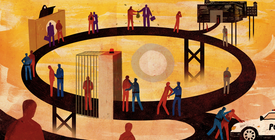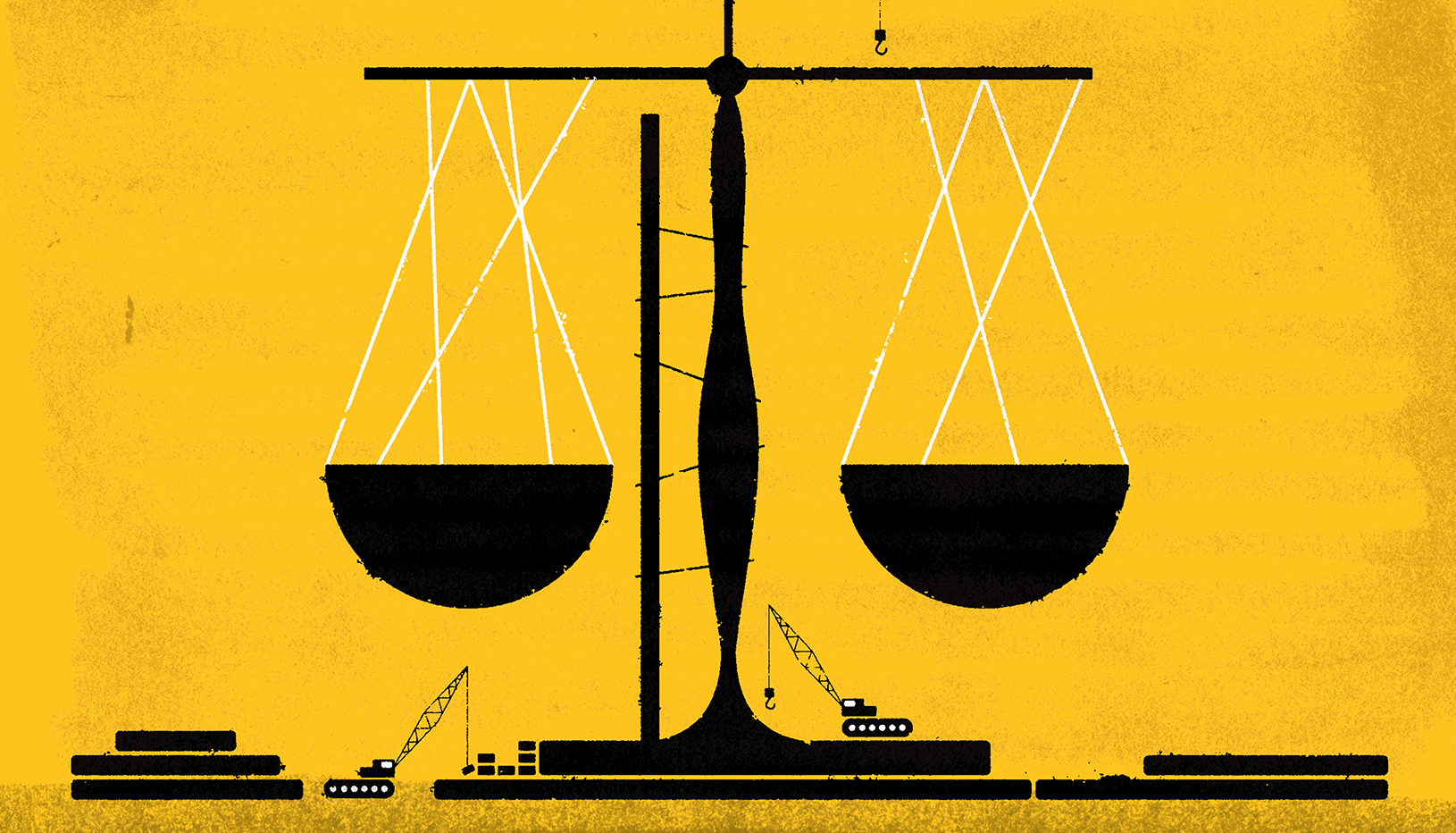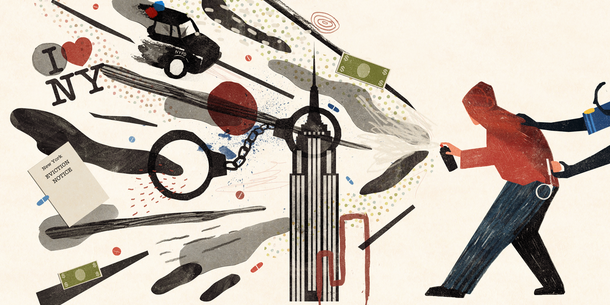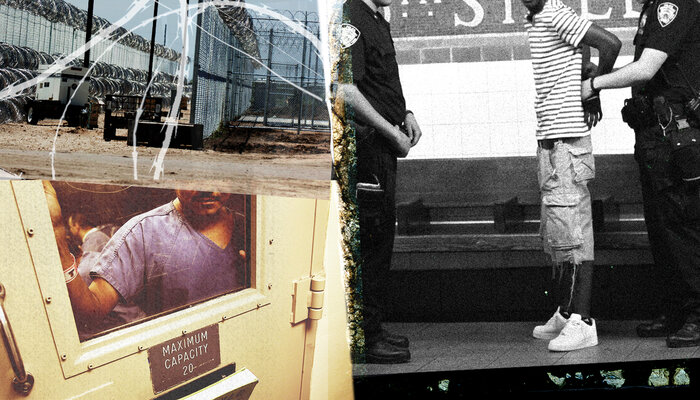The fiscal consequences of mass incarceration are immense. The United States spends about $270 billion annually on our criminal justice system, with the vast majority of those costs borne by taxpayers. Building and running prisons is an astonishingly expensive enterprise. Many states spend tens of thousands of dollars per year to incarcerate a single person — rivaling what it would cost to send them to an elite, private university.
But the price of imprisonment extends far beyond the money spent by states and the federal government. Mass incarceration exacerbates poverty and inequality, holding back millions of men and women. People who have interacted with the justice system — a disproportionate number of whom are racial and ethnic minorities — face discrimination in the hiring process, earn lower wages, have weaker social networks, and experience less upward economic mobility than those who are never incarcerated. And they aren’t the only ones to shoulder these burdens: Their families and communities suffer as well, and the effect reverberates across generations.
Through our comprehensive, multifaceted approach to criminal justice reform, Brennan Center for Justice seeks to expose these hidden costs of incarceration — from the billions of dollars in fines and fees levied against those entering the criminal justice system to the profound social and economic hardships encountered by those who exit it.














